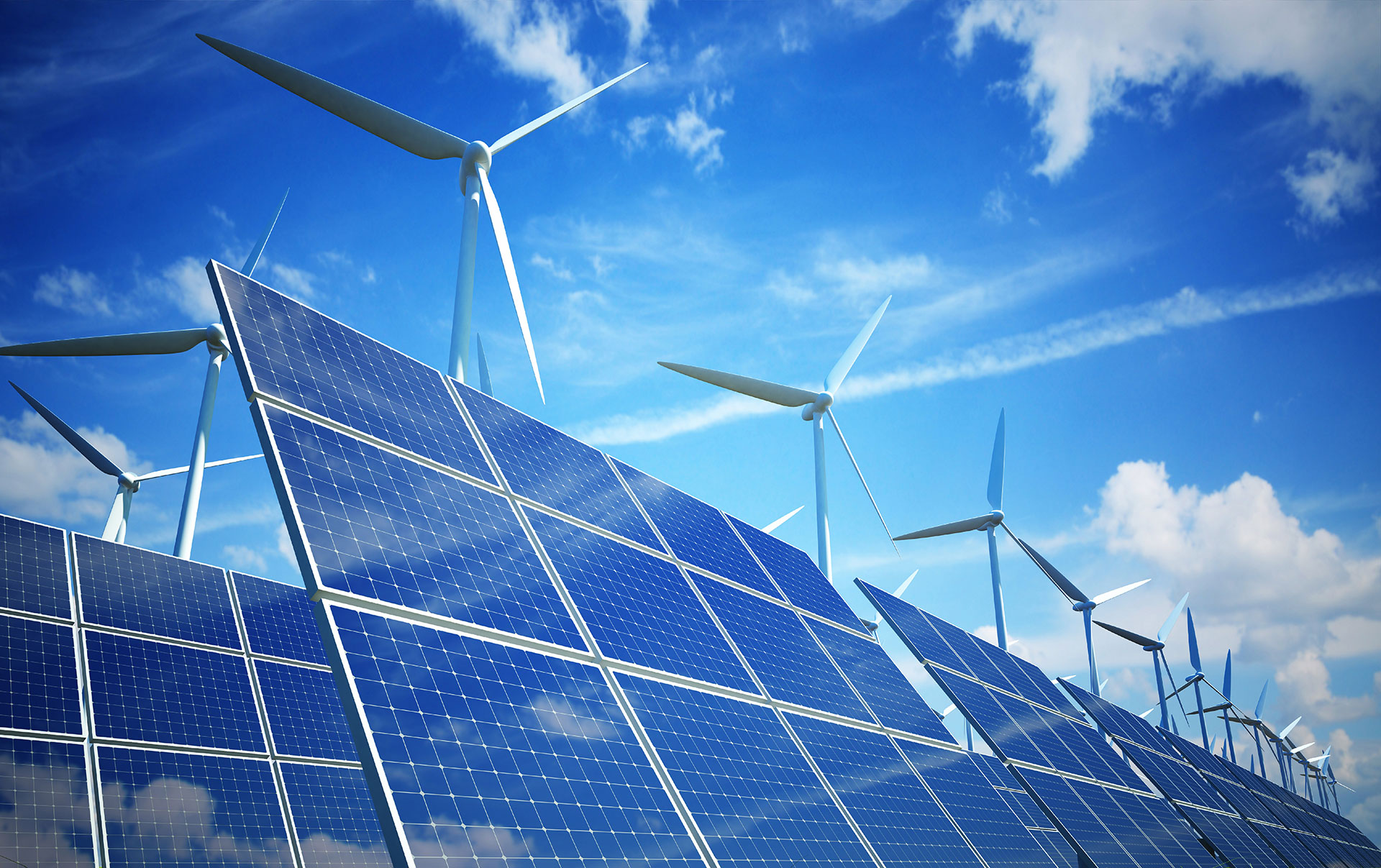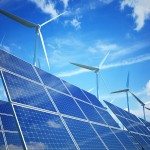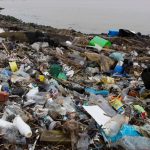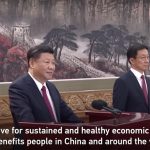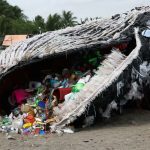Both climate science denying scientists and regular scientists are sensitive to bias, everyone is. Because of this, scientific protocol has scrutiny built-in and it’s called peer-review. It isn’t bullet-proof, but scientists publishing peer reviewed work do have more bias checks in place than consultants who use their own blog posts as references, like Curry. From the 32 references in Curry’s testimony, twelve are her own texts, two of which were published on the website of the Global Warming Policy Foundation, a UK based think tank which aims to challenge the policies envisaged by governments to mitigate anthropogenic global warming. Cognitive bias does not make the majority of climate science research untrue, it does explain in part why people are still openly questioning the reality of anthropogenic global warming, we don’t want it to be true. Facts don’t move people, stories do, and stories of uncertainty work like a powerful anesthetic, paralyzing both the public as well as policy makers. There are several coping mechanisms that kick in when facing the overwhelming threat of global warming (Hamilton, 2010). One of them is distancing. When faced with a threat of such unfathomable proportions as global warming, people distance themselves from it. There is plenty of time to fix the problem. Optimism bias gives people the idea that bad things are less likely to happen to them. Self-serving bias leads to the interpretation of information that is most beneficial. Confirmation bias creates the tendency to interpret information in a way that confirms preconceptions. When presented with conflicting information, cognitive dissonance can lead to outright denial or dismissal of the facts. And that’s just the tip of the iceberg…
#1: Cherry pick data, focusing on the unexplained or anomalous cases
#5: Aggressively disseminate the facts you’ve manufactured
#10: Play the anti-progress card
https://bleu255.com/~marloes/txts/How_to_Escape_Reality_in_10_Simple_Steps/
